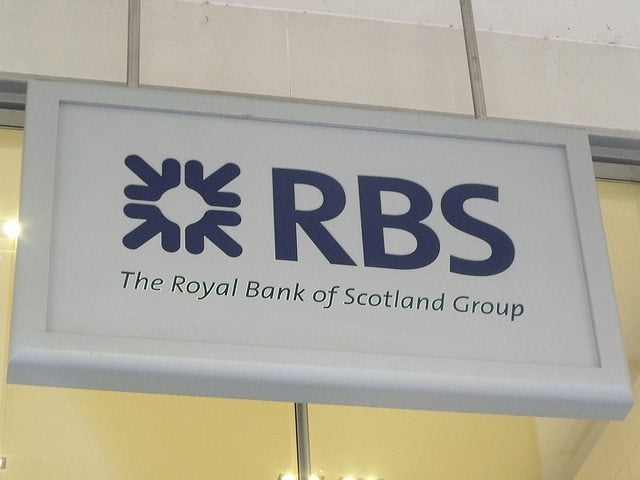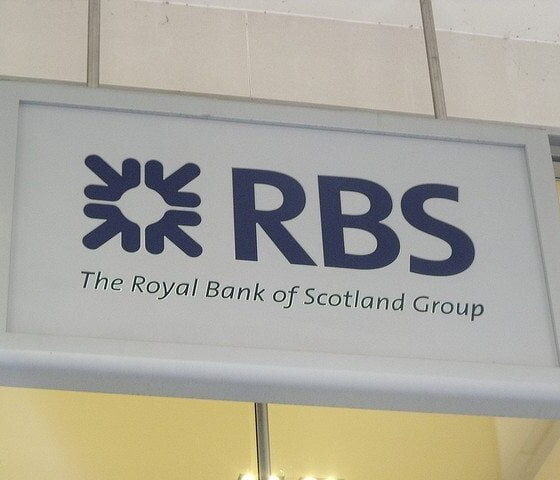

Invest
RBS and WPP latest firms to face investor anger over executive pay
The Royal Bank of Scotland (RBS) and advertising firm WWP were both expected to face a shareholder revolt relating to executive remuneration packages at their annual general meetings (AGM) on Wednesday. A number of other businesses have found themselves in the firing line this year.
RBS, which remains 80% owned by the taxpayer, paid out £576 million in bonuses last year, despite reporting a loss of £8.2 billion. The bank had intended to propose paying bankers up to 200% of their salaries as a bonus. However, the government blocked these plans. Shareholders were expected to demonstrate their disapproval by failing to vote for the bank’s remuneration policy on Wednesday.
WPP also faced a shareholder protest last year, with around a quarter failing to back plans, and is likely to face a similar result this year after chief executive Sir Martin Sorrell had a total pay package worth £30m in 2013.
Luke Hildyard, head of research at the High Pay Centre, commented, “Pay for top executives has increased from around 15 times the average workers in the early-80s to 60 times in the late-90s to 160 times today.
“There is no reason why these kind of obscene pay packages would improve performance. They only serve to divide society and create the impression that businesses only serve the interests of the rich. It is in the long-term interest of individual companies and the economy as a whole for shareholders to agitate for fairer, more proportionate executive pay.”
Barclays bank, online grocer Ocado and household goods giant Reckitt Benckiser are just some of the firms that have had to answer tough questions on pay this year.
Prior to the start of the AGM season, business secretary Vince Cable warned FTSE 100 companies to curb excessive pay packages or risk further action.
Catherine Howarth, CEO of responsible investment campaign group ShareAction, said, “We’ve seen during AGM season this year that excessive remuneration packages are not a dying breed. Extraordinary rewards for modest performance by company directors is still a feature of UK plc.”
She noted that major shareholders are taking a stand, as is the case with Standard Life voting against Barclays, and ShareAction has supported individual shareholders in questioning boards over pay. The examples from this year highlight that investors want executives to earn their pay and are making their opinions heard.
Howarth added, “Unfortunately for every Standard Life there are many more asset managers that do not reveal how they voted on issues like executive pay until long after the votes have been counted.
“Until there is more transparency, the UK’s investment system will continues to offer a sub-standard service to British savers.”
Photo: Elliott Brown via Flickr
Further reading:
Charities urged to disclose chief executive pay
Shareholders revolt over executive pay at Reckitt Benckiser and Ocado
Fossil fuel executives should bear responsibility for climate denial, says NGOs
Vince Cable calls on FTSE 100 to create sustainable remunerations packages
Report says shareholders are ‘reluctant’ to speak out on executive pay


 Environment12 months ago
Environment12 months agoAre Polymer Banknotes: an Eco-Friendly Trend or a Groundswell?

 Features11 months ago
Features11 months agoEco-Friendly Cryptocurrencies: Sustainable Investment Choices

 Features12 months ago
Features12 months agoEco-Friendly Crypto Traders Must Find the Right Exchange

 Energy11 months ago
Energy11 months agoThe Growing Role of Solar Panels in Ireland’s Energy Future





























